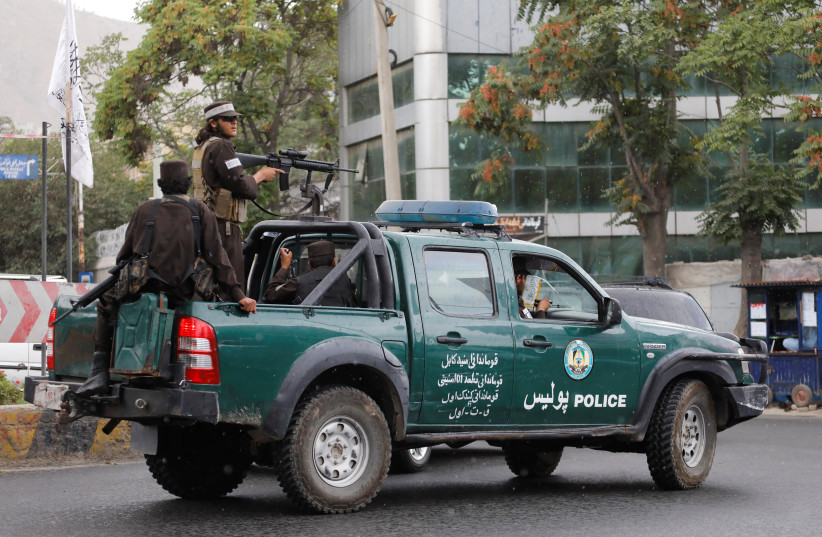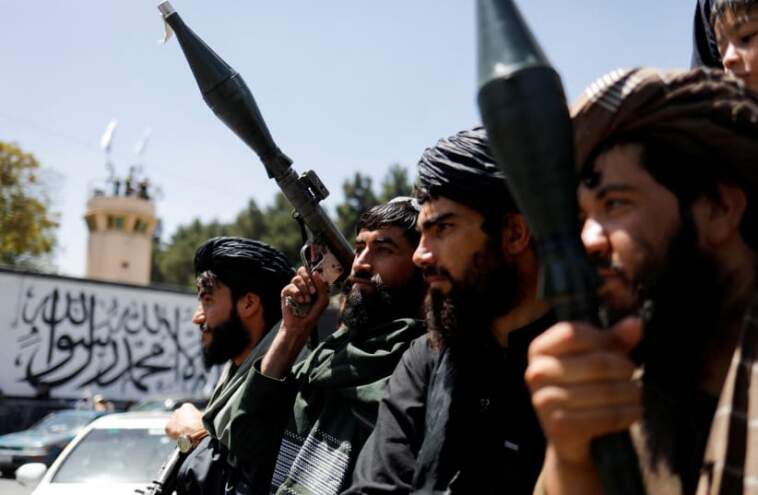(Jerusalem Post) The al-Qaeda terrorist organization is having a resurgence in Afghanistan under the ruling Taliban, setting up eight new training camps alongside five madrasas, Islamic educational institutions, around the country, a report from the UN Security Council in late January has revealed.
The report said that the training camps are located in various provinces, including Ghazni, Laghman, Parwan, and Uruzgan. It also listed sites used by al-Qaeda to move its operatives in and out of neighboring Iran, and said that a new base to stockpile weaponry has been established in the Panjshir Valley, north of the capital, Kabul.
“The group maintains safe houses to facilitate the movement between Afghanistan and the Islamic Republic of Iran in the provinces of Herat, Farah, and Helmand, with additional safe house locations in Kabul,” the report said.
“This accommodation of al-Qaeda within Afghanistan has validated longstanding fears voiced by many observers regarding the country once again becoming a safe haven for terrorist organizations under Taliban rule,” Shahin Modarres, an international security analyst specializing in Iran affiliated with the Center for Middle East and Global Order think tank, told The Media Line.
Modarres said that al-Qaeda and the Taliban, which retook rule over Afghanistan in 2021 as US-led coalition forces left the country, have a shared history of collaboration and ideological alignment. He said that throughout their insurgency against the coalition forces, both organizations maintained deep-seated ties rooted in a common jihadist worldview and mutual support for each other’s objectives.


Silvia Boltuc, managing director at the SpecialEurasia business and geopolitical intelligence platform, told The Media Line that the political instability sparked in Afghanistan since the return of the Taliban has provided a conducive setting for the resurgence of terrorist operations.
“There has been a notable escalation in terrorist attacks, from roadside and suicide bombs to rocket and mortar fire, direct fire, kidnappings, and violent crimes,” Boltuc said, adding that many incidents targeting religious sites occurred during religious festivals.
She said that Islamic State Khorasan Province, a regional branch of the extremist Islamic State group, has been involved in ongoing hostilities, targeting ethnic minorities and government establishments. In addition, other extremist groups such as Tehreek-e-Taliban Pakistan and its breakaway faction Jamaat-ul-Ahrar have been active in the country.
The report also said that suicide bomber training camps for Tehreek-e-Taliban Pakistan have been set up in Kunar Province.
“The relationship between the Taliban and al-Qaeda remains close, and the latter maintains a holding pattern in Afghanistan under Taliban patronage,” the report said.
Al-Qaeda’s presence benefits the Taliban
Modarres said that apart from the historic ties and ideological similarities between the two groups, al-Qaeda’s presence provides the Taliban with strategic advantages, including access to experienced fighters, operational expertise, and potential leverage in regional dynamics.






